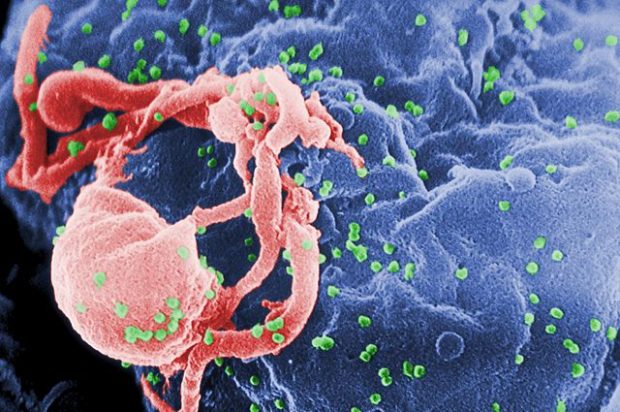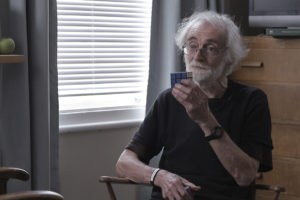Human Immunodeficiency Virus
Molecular Biologist Greg Towers on HIV discovery in San Francisco, antiviral drug therapy and current areas of...
How do viruses work? What is weird about retroviruses? How does the cell detect pathogens? These and other questions are answered by Professor of Molecular Virology at University College London Greg Towers.
The video is a part of the project British Scientists produced in collaboration between Serious Science and the British Council.
Innate immunity is our ability to protect ourselves from infection without any change in our body. Our immunity is divided into innate immunity – what we can do right away: a pathogen, virus, goes into our body, we can immediately protect ourselves from it – that’s innate immunity. Adaptive immunity is when we have to change – we have to start making antibodies or start making reactive T-cells. Innate immunity is really the first line of defense.

One of the key things HIV does to avoid activating innate sensing is to keep its DNA synthesis very tightly inside its capsid. The capsid is a protein shell inside the virion, and the DNA synthesis goes on inside that capsid. We’ve shown that the capsid is made of hexamers that are actually electrostatic channels that can suck in the nucleotides that fuel the process of DNA synthesis.
We can, for example, take a virus and activate DNA sensing and then see if the virus can switch it off. We can then change the virus by making mutants and see if we can kill the virus’s ability to switch off DNA sensing. And that’s a very powerful approach to work out how viruses switch off DNA sensing. And I think, almost all DNA viruses that have been studied are quite clearly able to switch off DNA sensing and the hope is by studying how these proteins work we’ll understand the process of DNA sensing.

Molecular Biologist Greg Towers on HIV discovery in San Francisco, antiviral drug therapy and current areas of...

Mathematician Gareth Jones on abelian and non-abelian groups, the symmetry of geometric objects and what are t...

Biologist Maya Mitalipova on regenerative medicine, hematopoietic system, and essential ethic issues of the ce...